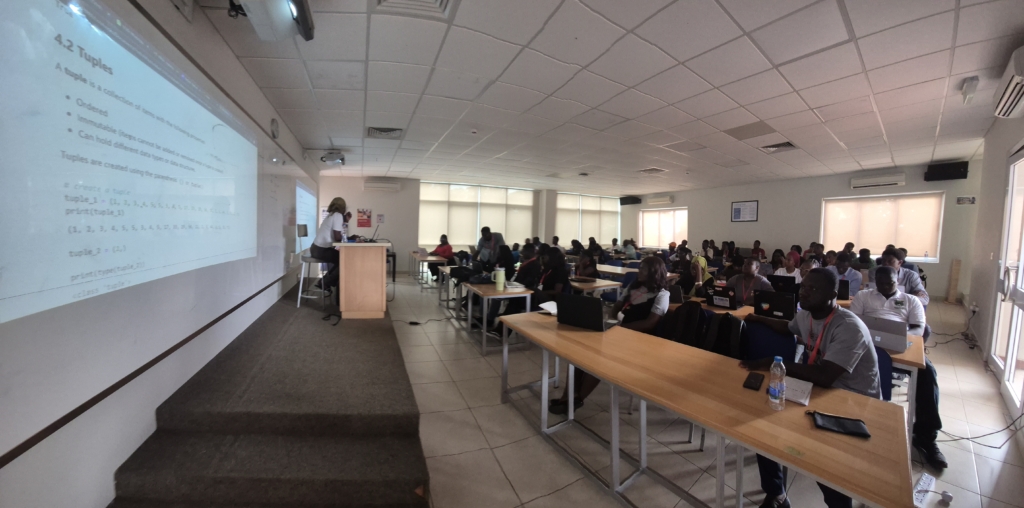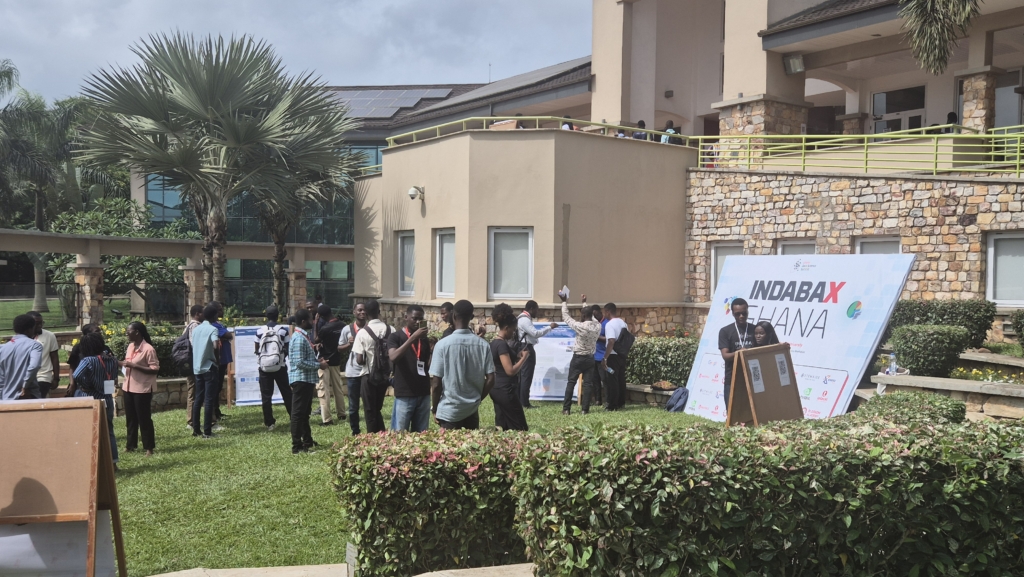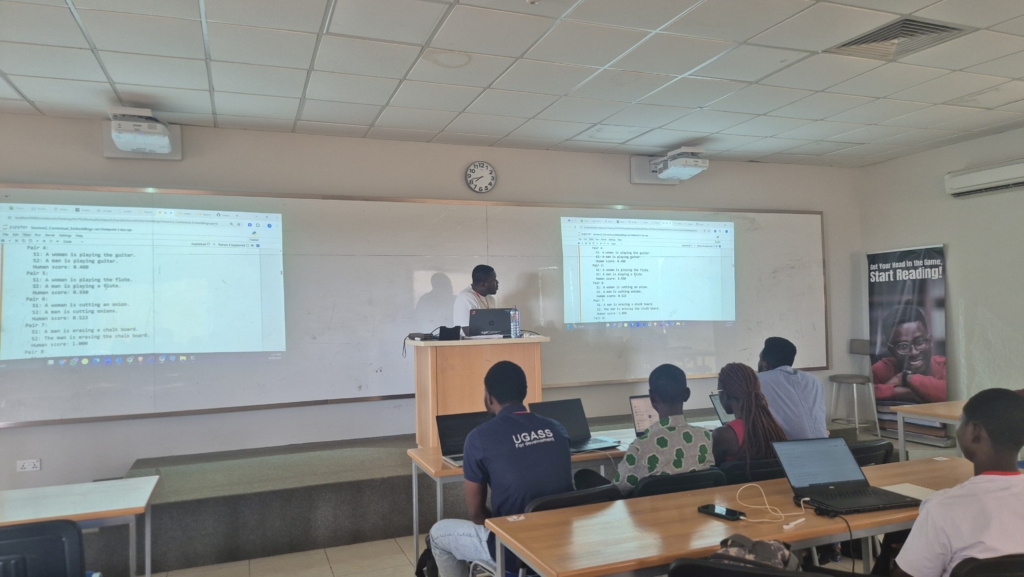The 6th edition of the Ghana Data Science Summit, also known as IndabaX Ghana 2025, opened this week at Ashesi University, drawing over 250 participants from across the country under the theme “From Skills to Impact: Empowering Ghana’s Data Science Evolution.”
The event was organized by the Data Science Network in partnership with Wave-2 Analytics. The three-day event (June 18–20) shifted sharply from past lecture-heavy formats to an intense, hands-on approach, training participants on applied machine learning, large language models, computer vision, and responsible AI tools. Attendees engaged in tutorials, practical coding sessions, policy-focused workshops, and panel discussions exploring AI’s impact on society.

Speaking to JoyNews, Dr. Augustine Denteh, co-founder and vice chair of the Ghana Data Science Summit (dubbed IndabaX Ghana), said the aim is to democratize data science literacy and remove the barriers many young Ghanaians face in accessing AI education.
“This year’s focus is all about skill-building. We’ve moved away from keynote-heavy events to hands-on tutorials that equip participants to enter the workforce,” Denton explained. “We want to make sure that anyone, regardless of academic background or geography, can get into data science.”
His co-founder and chair of the Ghana Data Science Summit (dubbed IndabaX Ghana), Delali Agbenyegah, a senior data science lead at Shopify, emphasized the summit’s impact-driven mission.
“Our goal is to build practical capacity in how to code, analyze data, build AI systems, and apply these to real problems in banking, health, agriculture, and beyond,” he said.
Since its inception in 2019, IndabaX Ghana has trained over 1,100 students and professionals, many of whom now work in data-focused roles across sectors. The summit’s growth trajectory includes hosting the flagship Deep Learning Indaba in 2023, welcoming over 800 delegates from 36 African countries.
This year’s edition featured expert-led tutorials on Python programming, natural language processing, multimodal models, and ethical AI policy design, alongside partner-led sessions by Google AI Center Accra, Blossom Academy, MTN, Telecel, NVIDIA, and others.

Participants shared enthusiastic feedback about the event’s practical relevance. Paul-Emmanuel Kouadio, a software engineer, described the experience as “eye-opening,” adding that he learned more about real-world AI use cases than he had through online research.
Wonder Bediako, a student leader from the University of Ghana and a former intern at JoyNews Research, praised the summit for offering his team the opportunity to lead a live workshop on statistical inference in Python, calling it “a big milestone.”
Beyond technical training, the summit also sparked conversations around inclusion, data ethics, and representation in AI systems, with organizers advocating for broader access to data education, especially for students priced out of Ghana’s often costly private tech training programs.
“Many institutions were charging exorbitant fees to teach basic data science,” Denteh noted. “Our mission has always been to make this knowledge accessible by raising funding so we can keep participation free for students.”

The 2025 summit marks a turning point not just for its scale but for its deeper focus on equipping Ghanaians with tools they can apply immediately. As Agbenyegah put it, “The digital world is evolving fast. If you don’t learn how to use these tools, AI won’t just replace your job; it will leave you behind. But if you learn, it becomes your greatest assistant.”
With its hands-on approach, regional reach, and bold mission, IndabaX Ghana 2025 isn’t just teaching code; it’s building a grassroots movement to transform Ghana’s AI and data future, one skill at a time.